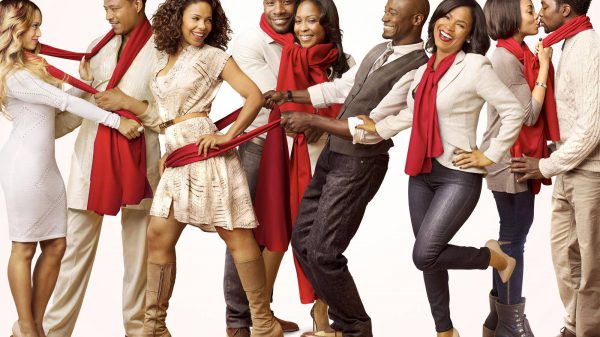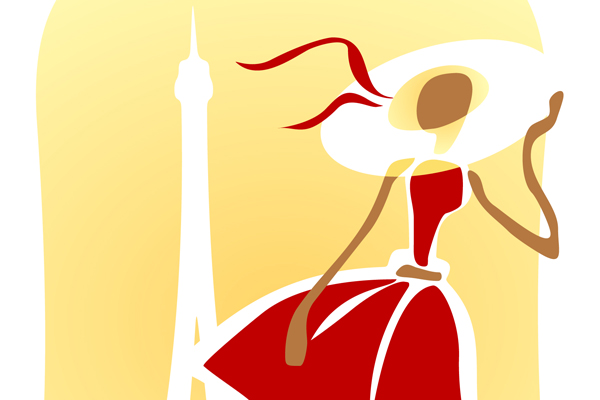Follow the adventures of Liesha Stone –a sister trying to make a new life in the city of love, Paris. This week Liesha’s escapades take on a decisively more political theme…
France is in crisis, and most of my friends are panicking.
I am not talking about the whole of France – just one very little part of it, but one that is extremely important to many of my new-found friends. The area I am talking about is the Caribbean islands of Guadeloupe and Martinique, which, as I have said before, are départements (regions) of France, and all their citizens have the same rights as people from the mainland.
I had originally thought this was quite an enlightened system, with the islands enjoying all the benefits of the welfare provisions of one of the richest countries on earth. But how wrong I now seem to be.
For more than a month, the islands have been a riot zone. Everything has been closed down, including schools, banks, petrol stations and food stores. In fact, our TV screens over here have been filled with images of Carrefour (equivalent to Tesco and Marks & Spencer rolled into one) trying to open their stores and being met by a wall of angry islanders, and then quickly putting the shutters down before any of their workers could get hurt. The island of Martinique is now on strike, and the inhabitants are running out (or have run out) of food and power. My friends with family there are in an utter panic. We have also just recently heard that there have been shootings and murders – all this on two of the most beautiful and most loved holiday destinations in France.
What has caused all this, I hear you ask? Well, it’s because, although these islanders are considered part of France, everything on the islands is three times more expensive than in Paris. Even the bananas that they grow there are a third of the price in my local greengrocer in the Parisian Latin Quarter than they are in Pointe-à-Pitre, Guadeloupe’s capital. But the wages there are lower, with the worst-paid on 900 euros (£800) a month.
What moved the situation to this level was that the unions managed to get the minister responsible for Martinique to attend a meeting, and there he agreed to increase their rate of pay by 200 euros (£175) and said he would meet with them the next day to sign the agreement. When the unions turned up the next day, they discovered he had left the country and gone back to France, later claiming he had never made such an agreement. The island erupted with anger. Then, just to add fuel to the fire, an interview was released with a man from one of the old white colonial families (called békés) who own most of the island from back in the slavery days. In his interview he said black and mixed-race people were like children and just needed to be told what to do. Explosion! Since then, hundreds of cars have been set on fire, and many buildings owned by békés have been destroyed.
The images on TV are made all the more dramatic because the police force seems to be nearly 100% white, and all we see are pictures of them clashing with black islanders.
My friend Monique says that she always believed she was just as French as anyone, but now she wonders. “They are treating this like a colony, not a département. If this were happening in Lyon or Marseille, the government would have dealt with it by now and increased the wages.” Monique is particularly worried because her sister is there with her one-year-old, and they have run out baby milk. This issue has taken over the whole of France and is the hot topic of conversation at every café or bar.
I have always thought the French islanders had got the good end of the bargain, because islands like Jamaica have no welfare state to speak of and rather basic education and health for the average islanders. Martinique and Guadeloupe seemed to have the best welfare provisions in the Caribbean. But what is all this worth if someone else still owns your island and seems to treat you as second-class citizens in your home? Maybe we non-French Caribbeans did not have it so bad after all.

































































